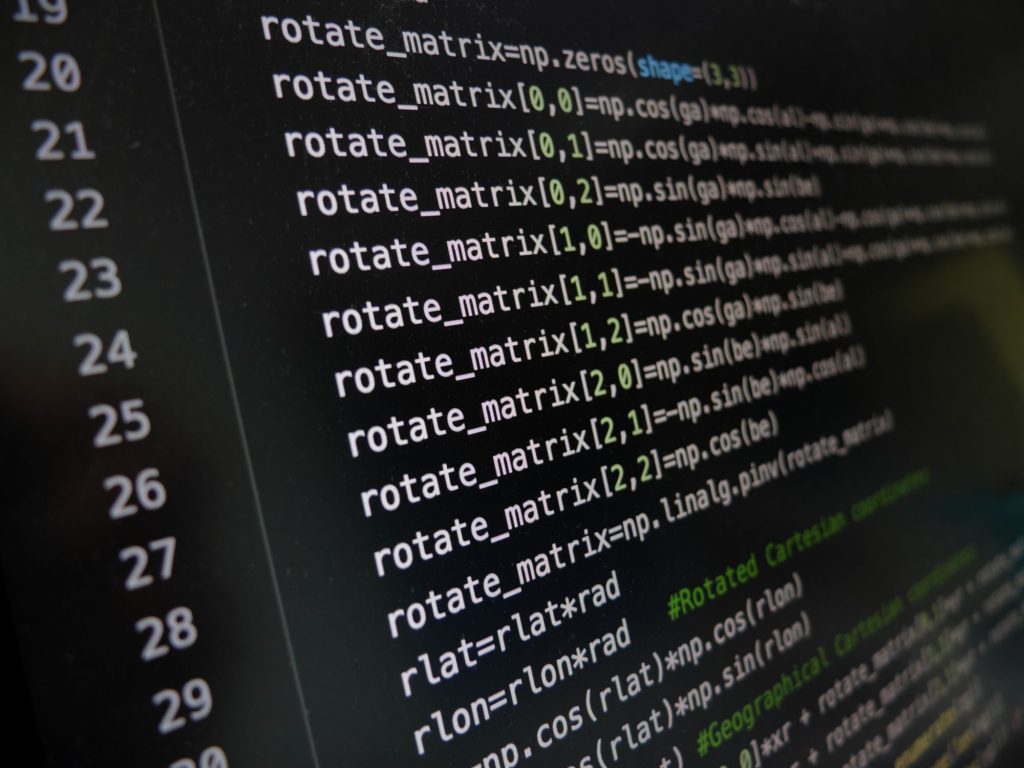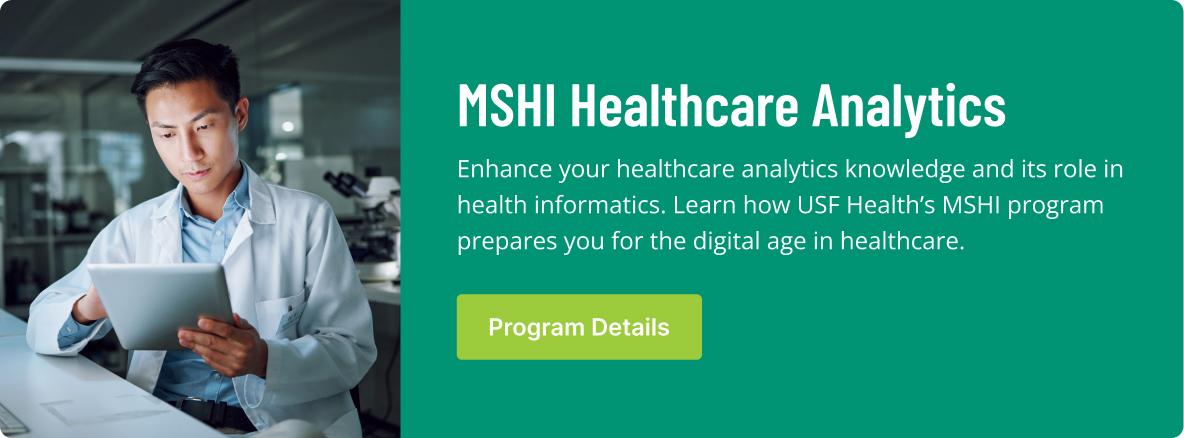Python is a high-level programming language developed by Dutch programmer Guido van Rossum in the early 1990s. Python has an easy-to-learn syntax that emphasizes readability, support modules and packages, which promotes code reuse and program modularity.
Programmers “fall in love with Python” because it increases productivity, according to Python.org. For example, the edit-test-debug cycle is fast because there is no compilation.
Many students decide to learn Python in their undergraduate years before entering a master’s program in health informatics.
The Zen of Python
A good way to quickly understand the thinking involved in Python is to read the Zen of Python, or the philosophy which drives the development of the language.
Among its sayings are the following.
- Beautiful is better than ugly.
- Explicit is better than implicit.
- Simple is better than complex.
- Complex is better than complicated.
- Flat is better than nested.
- Sparse is better than dense.
- Readability counts.
- Special cases aren’t special enough to break the rules.
Also, there’s this: “If the implementation is hard to explain, it’s a bad idea.” That’s followed by “If the implementation is easy to explain, it may be a good idea.” All of the above gives you an idea where van Rossum and Python fans are coming from.
Importance of Python in Informatics
Some see Python as the future of the IT industry, including health IT. The system provides programmers with built-in libraries and a variety of integration tools. According to PinProgram, “If you have no prior knowledge of programming concepts then python is for you.”
They list advantages for Python, including:
- A productive language
- A good integration of programs
- Libraries for almost every task
- A facility of development for everything from web applications to 3D game development
Technology Networks reports that Python’s popularity is also “skyrocketing, both in academia and industry.” They credit that popularity to Python’s “simple and clean syntax,” as well as the fact it is open-sourced and compatible with other existing languages.
It’s also established itself as the “language of choice for data science and analysis.” Clearly, even if it’s not used by programmers at a specific healthcare operation, knowledge of Python is a useful skill for anyone working in an IT position.
Is Python Necessary for Health Informatics?
All that said, is knowing Python necessary for those in health informatics to know? With its growing popularity, it’s a good idea to be familiar with the language. For example, experience in Python is often a requirement for working as a health data analyst.
It’s also considered key to working in jobs that use skills in healthcare analytics. They can include health informatics director, health informatics consultant, clinical data manager and clinical quality and performance improvement manager.
Learning Python is not difficult. There are free, online classes available that can get students started on learning the program.
The bottom line with Python: it could prove to become a major component of healthcare systems in the future if it’s popularly continues to grow. Learning it, while perhaps not necessary, could prove useful for those looking at a career in healthcare informatics.




